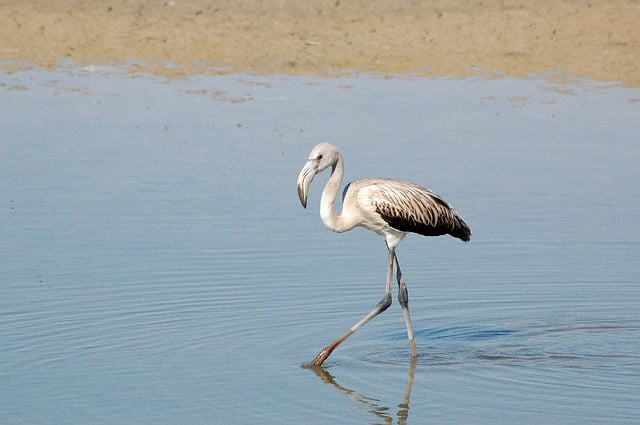The massive park in the southern region of Andalusia boasts a diverse ecosystem of lagoons, marshlands, scrub woodland, beaches and sand dunes and is home to fallow deer, wild boars, European badgers and endangered species including the Spanish imperial eagle and the Iberian lynx.
It is also on the migratory route of millions of birds each year.
Environmentalists have warned that over-extraction of water by neighbouring farms, often through illegal wells, is causing the lagoons and marshlands to dry out.
The area around the park is a major producer of strawberries, blueberries and raspberries.
Green groups also complain that large amounts of water are being diverted to meet the needs of tourists.
The Luxembourg-based European Court of Justice ruled on June 24th that Spain was in breach of EU nature legislation because it “did not take into account the illegal water extractions” in the park and their impact on groundwater.
“It has not taken appropriate measures to avoid disturbances of the protected habitats located in the park which were caused by this catchment” of water, the court added.
The court was responding to a complaint filed by the European Commission in 2019 against Spain for failing to protect the park.
If Madrid does not follow the recommendations of the court it faces hefty fines.
Spain racked up more infringements of EU environmental laws between 2015
and 2018 than any other member state – and nearly three times the average per
member, according to the European Commission.
READ ALSO: Why thousands of trees in Spain’s capital are at risk of dying



 Please whitelist us to continue reading.
Please whitelist us to continue reading.
Member comments